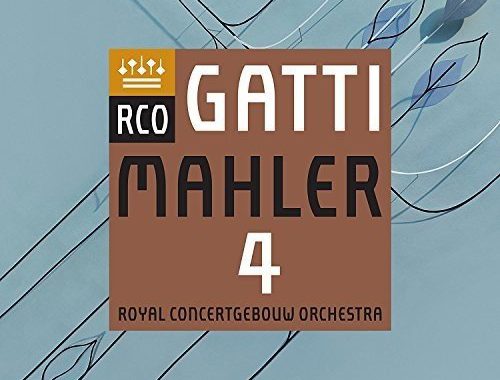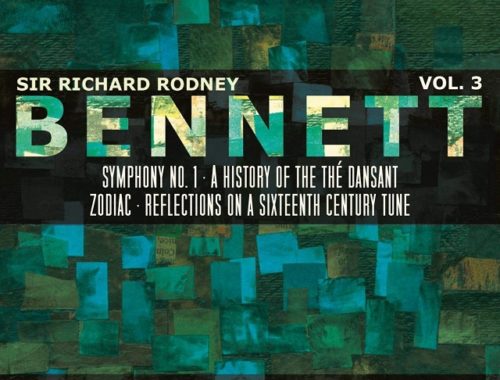GRAMOPHONE Review: BARTOK The Wooden Prince, Divertimento, Romanian Folk Dances – BBC Scottish Symphony Orchestra/Dausgaard
 Bartok was never fully content with The Wooden Prince and this final revision marks an end to his tinkering. It is significant, I think, that all his trimming has to do with music explicitly related to stage business suggesting that he saw its future as a concert piece as opposed to a ballet. For sure, this is yet another extraordinary essay in orchestral black magic – the folksy made fantastical – but the pathos at its heart (as with Miraculous Mandarin) fuels a deeper drama.
Bartok was never fully content with The Wooden Prince and this final revision marks an end to his tinkering. It is significant, I think, that all his trimming has to do with music explicitly related to stage business suggesting that he saw its future as a concert piece as opposed to a ballet. For sure, this is yet another extraordinary essay in orchestral black magic – the folksy made fantastical – but the pathos at its heart (as with Miraculous Mandarin) fuels a deeper drama.
A recent recording from the WDR Symphony Orchestra under Christian Macelaru seduced my ear afresh but the Onyx engineering here (which is not to diminish this performance under Thomas Dausgaard) wins the day. Dausgaard relishes the highly ‘visual’ impressionism conjuring with ‘The Dance of the Trees’, for instance, a graceful ballet in itself, from gentle rustling to blustery buffeting. Nature in turmoil. The ‘Dance of the Waves’ is redolent of Bluebeard’s ‘Lake of Tears’ and the con legno effects sketching the puppet prince are a key feature towards his moving and acting with the requisite swagger. All marvellously realised – with great sensitivity and flair – by the BBC Scottish Symphony Orchestra.
But it is the dark heart of the piece probing as it does the psychology of reality versus imitation that clearly fires Dausgaard. ‘The Prince Despairs’ is as impassioned and heart-rending as ‘The Fairy’s Comforting of the Prince’ is ravishing. You come away surer in the certainty not just of Bartok’s orchestral mastery but more importantly his big-heartedness.
Divertimento has, of course, been core repertoire for the best part of a century and one still marvels at Bartok’s passionate emulation of the concerto grosso form with its expressive textural interplay between tutti and soloistic elements. This is at heart folksy baroque with dramatic undercurrents. Indeed the drama is writ larger than the form might suggest with the furtive middle movement and its darkening colours surely relating to the proximity of World War II. Dausgaard and the strings of the BBC Scottish give a terrifically vital and searching performance. And there is charm and a slightly wicked irony in that cheeky pizzicato passage towards the close of the finale.
The pay-off of the disc – Romanian Folk Dances – does precisely what it says on the tin: this is folk dancing pure and simple (inasmuch as Bartok is ever pure and simple). But along with the charm and brevity there is a wistfulness too. There is always subtext with Bartok.




